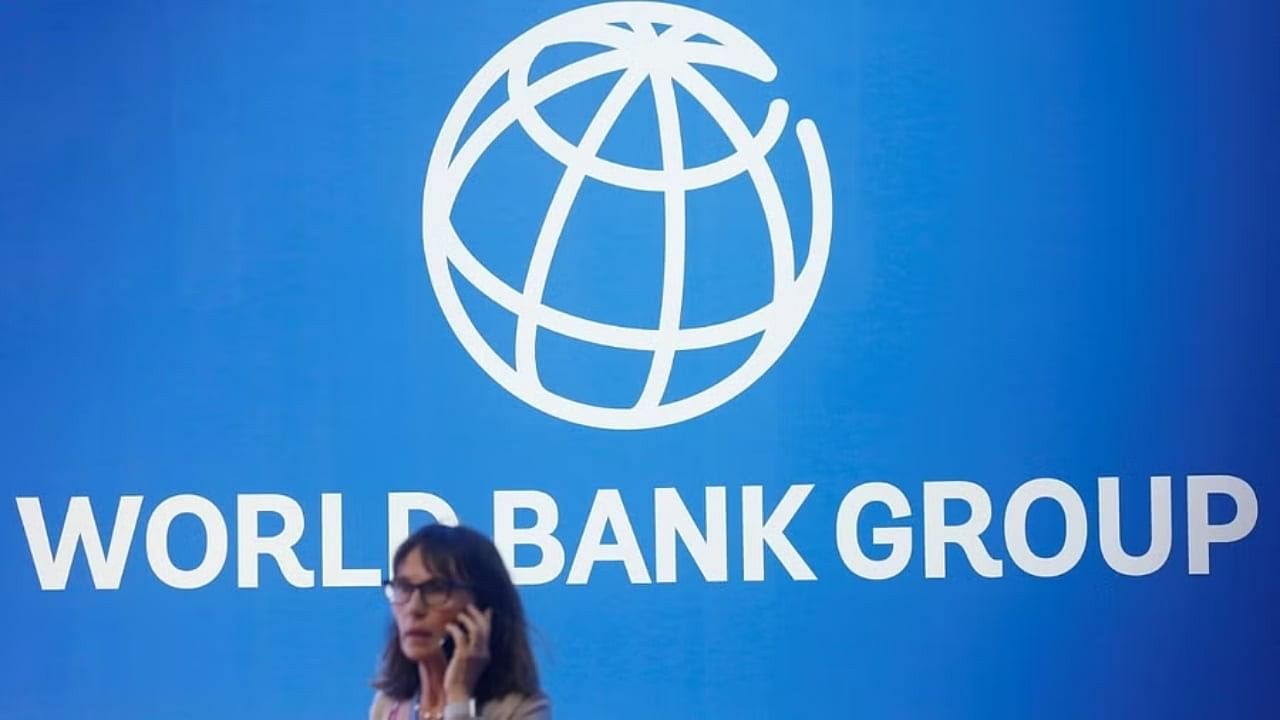
World Bank logo.
Credit: Reuters File Photo
Colombo: Aided by critical structural and policy reforms, the Sri Lankan economy has stabilised after the deep crisis it suffered in 2022 with growth in 2024 expected to be 4.4 per cent up from the previous projections, the World Bank said on Thursday.
“The good news is that it grew faster than most expected but the not so good news is that it is not out of the woods yet,” World Bank country director Gevorg Sargsyan told reporters.
The 2024 growth is expected to be 4.4 per cent up from the previous projection of a 2.2 per cent, yet the poverty could increase Sri Lanka declared its first-ever sovereign default in mid-April 2022, the first since gaining independence from Britain in 1948.
The island nation is currently in negotiations with the International Monetary Fund (IMF) for the next tranche of the $2.9 billion bailout package for which the IMF has made external debt restructuring conditional.
The third tranche of the bailout package was released in mid-June as the Washington-headquartered global lender said on August 2 that Sri Lanka’s economic reform programme has yielded good results.
The World Bank’s bi-annual Sri Lanka Development Update, 'Opening Up to the Future' -- released on Thursday -- cautions that the recovery remains fragile and hinges on maintaining macroeconomic stability, successfully restructuring debt, and continuing structural reforms to increase medium-term growth and reduce poverty.
Sargsyan said the four quarters of growth and a current account surplus in 2023 were remarkable achievements.
“Sri Lanka has an untapped export potential of an estimated USD 10 billion annually which could create nearly 1,50,000 new jobs.
“There is significant opportunity for diversifying and expanding exports in manufacturing services and agriculture provided the necessary reforms are implemented,” he said.
According to NewsFirst.lk, the World Bank report projects a modest growth of 3.5 percent in 2025 and poverty is expected to gradually decline but remain above 20 percent until 2026.
The new government of President Anura Kumara Dissanayake has decided to stick with the IMF’s rigid bail out programme of nearly $3 billion sealed by his predecessor Ranil Wickremesinghe.
Dissanayake, in the election run up, had said he would want to renegotiate some of the tougher conditions which heaped economic burden on the people.